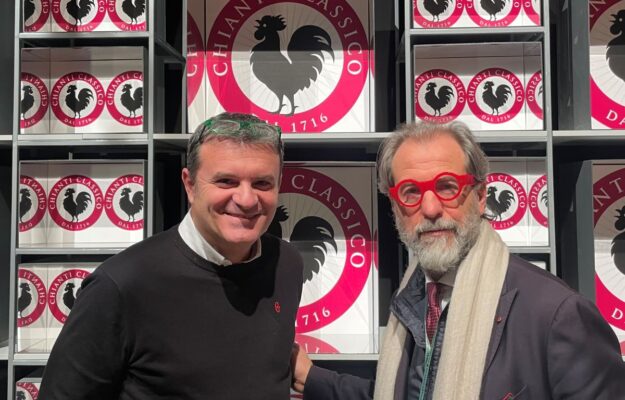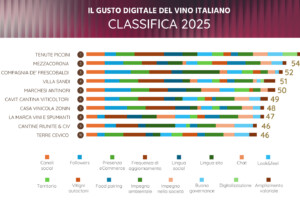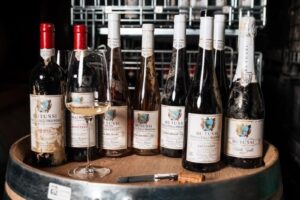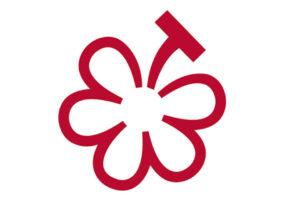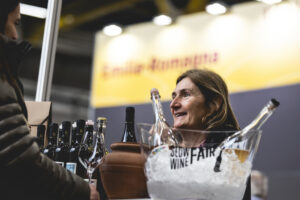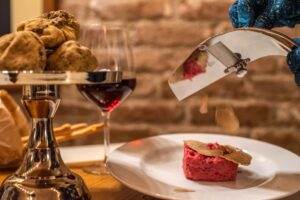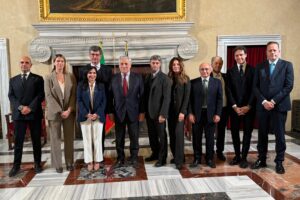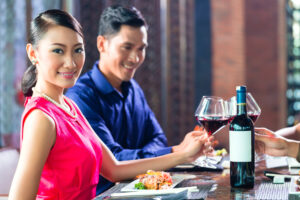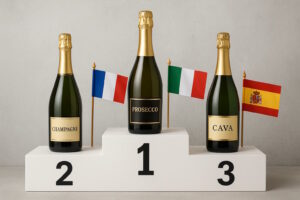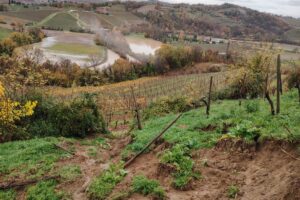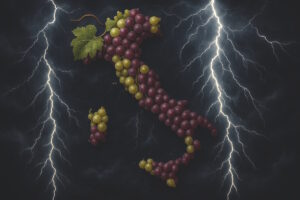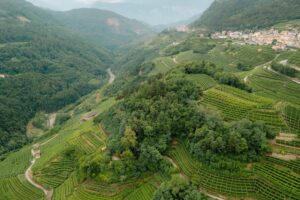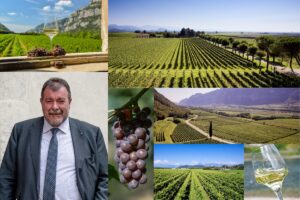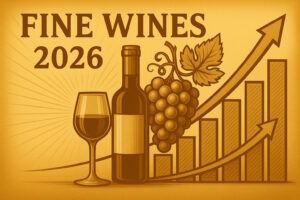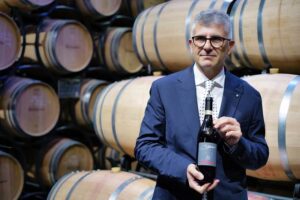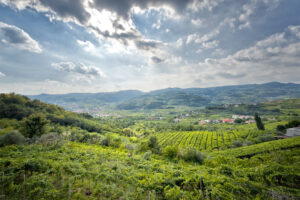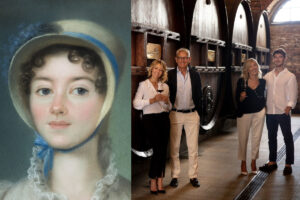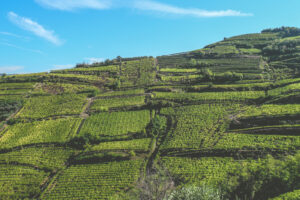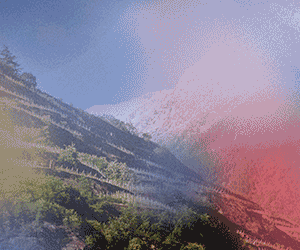“We need to make people understand that the messages currently circulating, attacking wine, are wrong. The institutions need to collaborate with us on this issue. Wine does not have a political color and must be defended. We need to think alike and make plans together, ensuring that new technologies and scientific research assist politics. To protect the sector, we must work in a structured way, not in a haphazard manner”. Gian Marco Centinaio, vice president of the Senate and former Minister of Agriculture, as well as passionate about food and wine and wine tourism, talked to WineNews at the “Chianti Classico Collection” 2025, organized by the Chianti Classico Consortium during the “Anteprime di Toscana”, which closed recently in Florence (where we interviewed him). He spoke about about one of the most highly debated topics of the moment, be it economic nature, considering Trump’s threat of imposing duties, or health-related, given the recent revision of the BECA (Beating Cancer Plan) by the EU Commission: is wine being attacked? “I think so”, Centinaio said, “and the territories, Countries and lifestyles identified with wine consumption are also being attacked. It all started a few years ago when Ireland proposed the idea of comparing wine labels to those on cigarette packets. I believe it was an attempt to attack a product identified with European states such as Italy, France and Spain, which are undoubtedly the states that would pay the highest consequences of this message”.
Therefore, we must plan a defense strategy, and not make the same mistakes we have made in the past. “ We must avoid doing what other sectors did when they were under pressure”, Centinaio stated, “and that is, going on a rampage like the “Brancaleone army”, hoping that God will send us luck”. According to Centinaio, it is important to work all together as a team. “ I was talking to the president of the Tuscany Region, Eugenio Giani, about it. Politically, we are light years apart, but when it comes to protecting a product like wine, we must all work together regardless of political color”.
Reds, whites, rosés, wines are all different colors. However, where a differentiation should be made is regarding the word “alcohol”; that is, distinguishing wine from spirits. Spirits are “a totally different type of alcohol”, Centinaio said, “and scientific research has informed us that a glass of red wine a day for women and a glass at mealtimes for men is not harmful. Instead, it starts processes in our body that also protect the body”.
The most important subject is wine territories and identity. “Wine is a business card for a specific wine region, and consequently it can be attacked, because its production cannot be transferred to China, or other Countries. Chianti Classico is produced only in Chianti Classico, Brunello only in Montalcino, Buttafuoco is produced only in six municipalities in Oltrepò Pavese, where I come from, and nowhere else in the world.
This is what distinguishes and identifies wine territories”. Most of the credit goes to the farmer, the true guardian of landscapes, which we have also legislated in the Italian Country System. “Let's take, for instance, Conegliano Valdobbiadene, a UNESCO heritage site and thank the work of farmers who have shaped the hills and made this territory almost like a painting”, Centinaio said, “but also Bolgheri or Barolo. All these territories if they didn’t have wine, or wine producers, perhaps would not be what they are today; that is, famous all over the world”. This is the reason that the way of communicating wine must change, no longer “solo”, but brought back to the table, to distinguish it from other alcoholic beverages. “Yes, it is a different way of communicating from the past, and we welcome it”, Centinaio concluded, “wine must not be considered a drink just to get drunk, rather it needs to be considered a product at the table that accompanies the meal, as well as used to prepare various dishes. Pairing the sommelier and the chef must become the order of the day. This kind of proposal must be brought to the attention of people who deal with communication and can show citizens a different way to see wine. You don’t have to drink a whole bottle, a glass of wine is enough to taste an excellent dish and through that glass, a story will be told”.
Copyright © 2000/2025
Contatti: info@winenews.it
Seguici anche su Twitter: @WineNewsIt
Seguici anche su Facebook: @winenewsit
Questo articolo è tratto dall'archivio di WineNews - Tutti i diritti riservati - Copyright © 2000/2025










